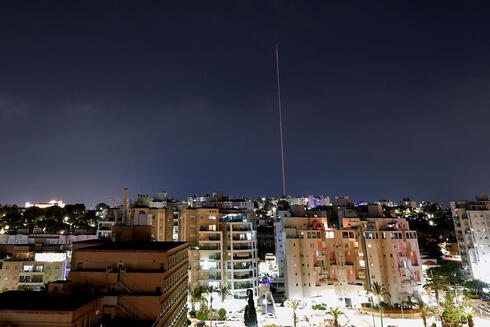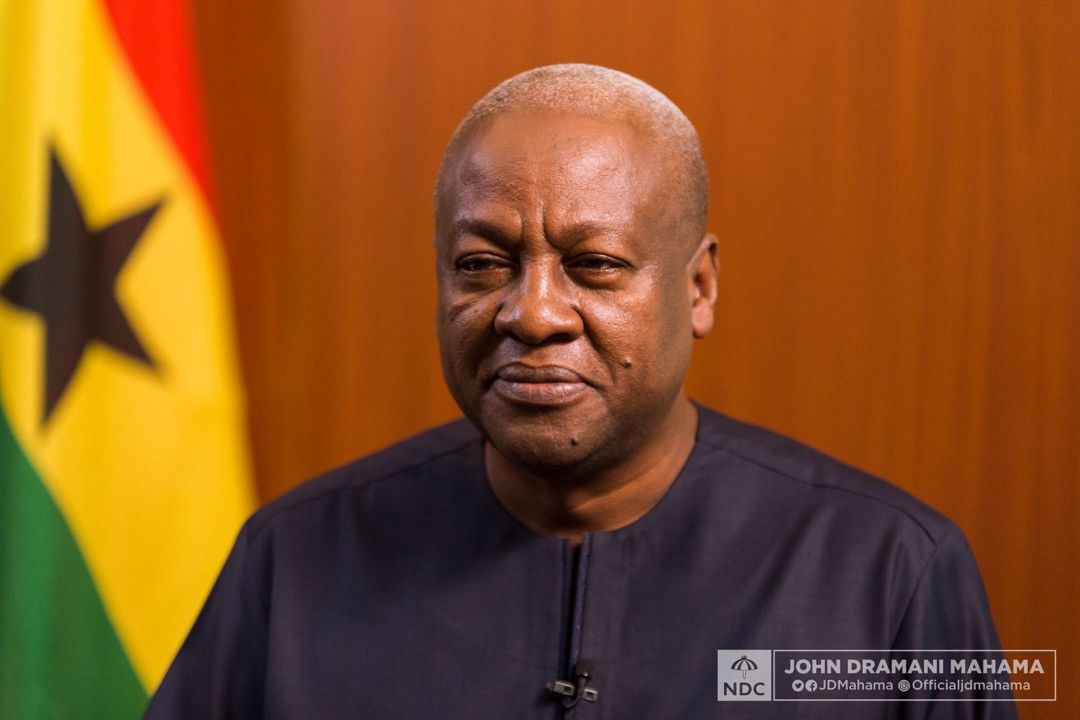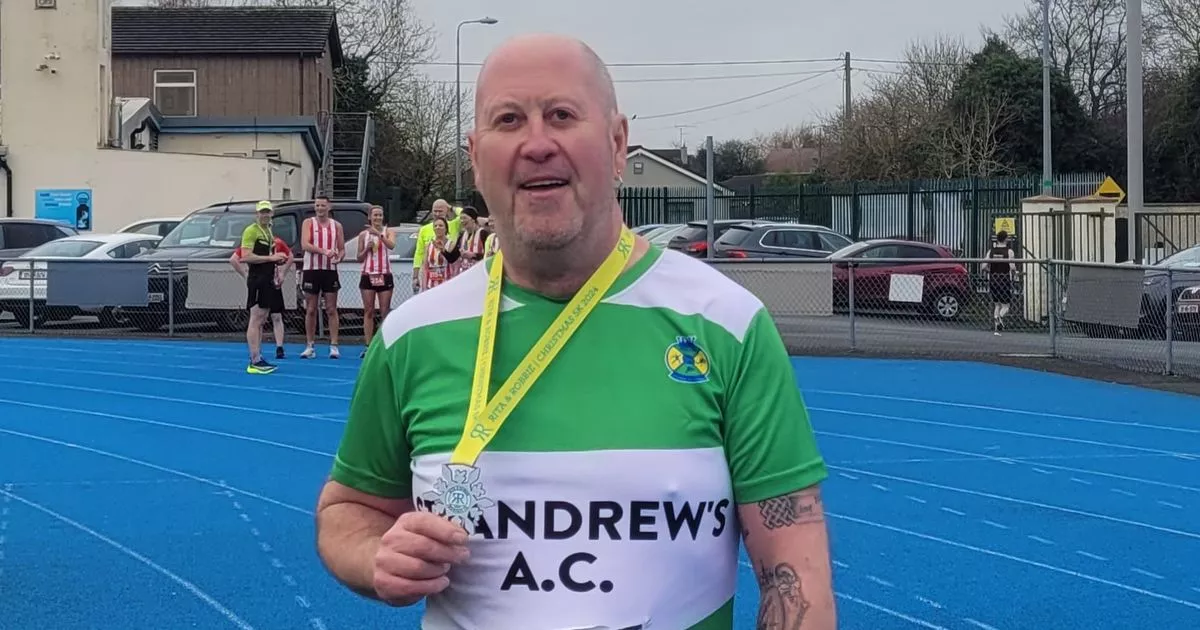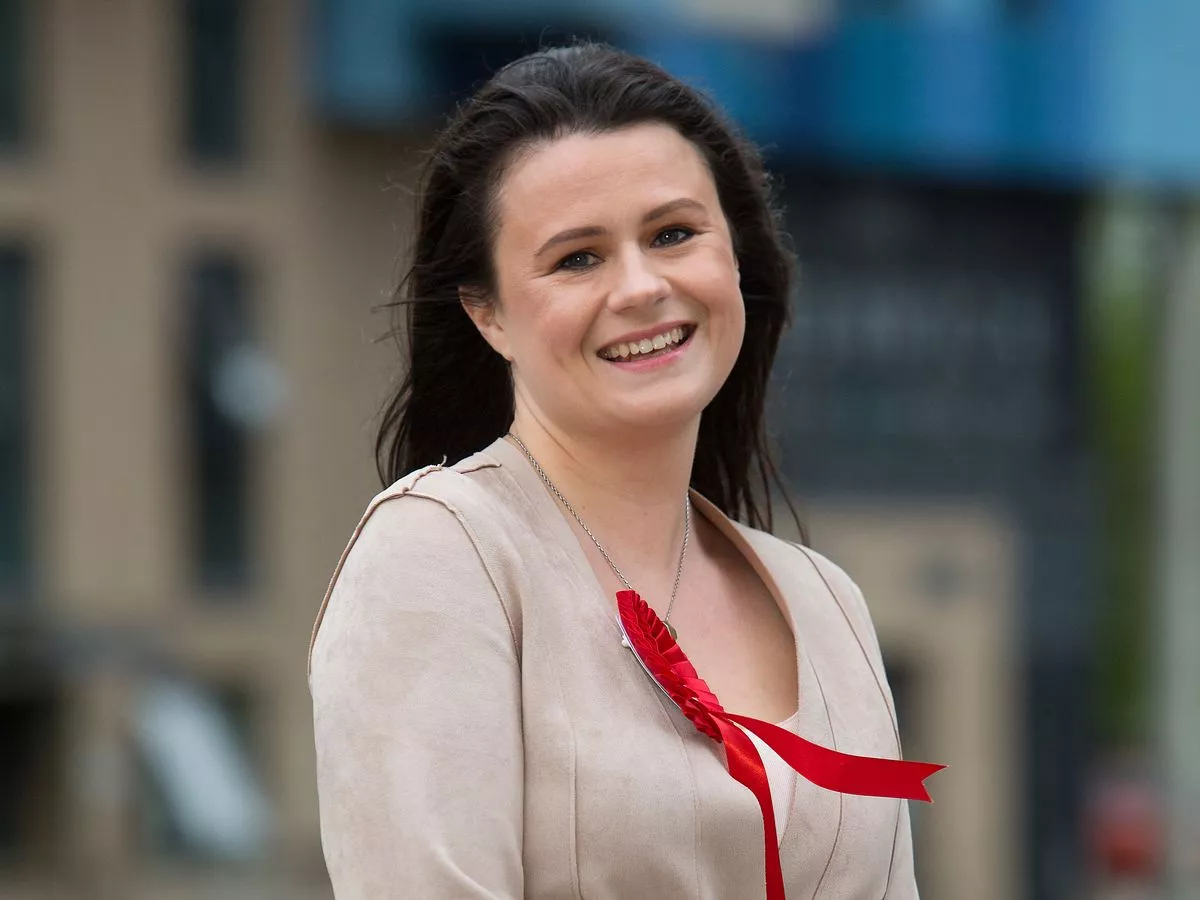By Ross Barkan
Copyright newstatesman
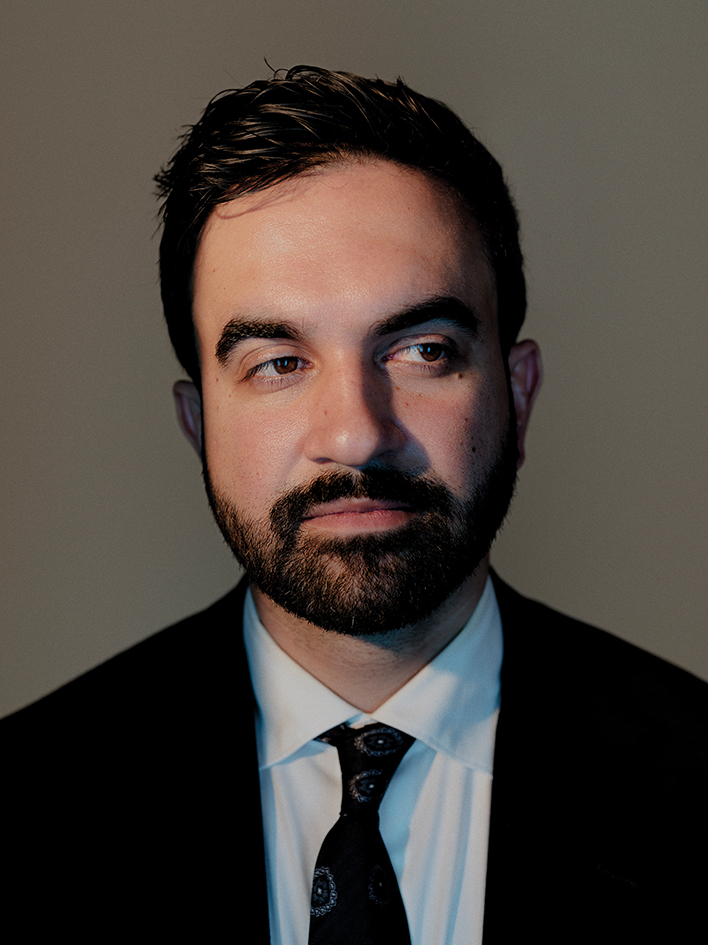
Nowhere in the world do political stars shoot to fame like they do in the United States. A man with a peculiar name can struggle mightily, one summer, to secure a credential to enter a convention hall and end up, eight years on, the country’s first black president. A woman can be bartending in Manhattan in the winter and by spring be fielding questions from the late-night host Stephen Colbert while on the verge of becoming the youngest congresswoman in history. The current president, of course, is what happens when politics and celebrity, like two atoms, fuse to create the most destructive of forces – the apotheosis of fame for fame’s sake, an American dream and an American nightmare.
The latest such rise is under way in New York City, where – to the delight of the American left – 33-year-old Zohran Mamdani has become the leading contender for the next mayor. Polling at close to 0 per cent when he launched his campaign in October last year, he surged to the top of the pack of the Democratic primary and in June decisively defeated Andrew Cuomo, the former New York governor who had led polls for many months and boasted, by far, the most endorsements and money.
It was easy to see why the left was electrified. What if an avowed socialist with Barack Obama’s verve and Donald Trump’s outsider magnetism completely obliterated the political establishment, all on a message of uplifting the working class and poor? What if Alexandria Ocasio-Cortez, instead of triumphing in a single congressional district across two boroughs, won all of New York City, securing a victory in a primary election in which more than one million people voted? What if, in the span of one night, the fever-dreams of leftists everywhere were suddenly made real?
Quasi-anonymous just a few months ago, Mamdani is now an American and global celebrity. He cannot walk the streets of New York without being mobbed for photographs. We met in the backroom of a café, near the one-bedroom flat he shares with his wife in the borough of Queens. He was immediately recognised as he left, aides in tow, heading to his next meeting. “Oh my God, is that our mayor?” a young woman cried out. People on the street swarmed. He grinned for them.
“It is a different life,” Mamdani told me, describing the attention he now receives. “The time it takes us to film a [campaign] video on a sidewalk, on the street – that has changed, as more and more people know who we are and what we’re doing. I now spend much more time in cemeteries than I do in parks because there’s no one else there, so that’s a place to walk around, to make phone calls, to have meetings.”
He is a happy warrior, even if fame has its darker undercurrents. “So much of the way we ran the primary, of missing a train and jumping on a bike [to get to an event] – you can’t quite do that when you have a significant number of death threats against you. Now you’re always travelling with protection. I was telling one of the officers, ‘We’re running late so can we just jump on a bike?’ He said, ‘Well then [the officers’] guns will fall out [of their harnesses].’ That’s a very different set of concerns.”
The assassination of Charlie Kirk, the right-wing youth leader and ally of Donald Trump, makes this all the more apparent. Political violence in the US is on the rise: a Democratic state legislator was killed in her home in June, and Trump himself was shot last year. Supporters of Mamdani worry he is a prime target. The campaign itself is deeply cognisant of how important security has become, and journalists must RSVP or text ahead of time to find out where a public event might be held. Mamdani, who condemned the slaying of Kirk and appealed to the “shared notion of humanity that binds us all,” is straining to find a balance between the press-the-flesh campaigning he relishes and the dark reality that a barrel of a gun could be pointed in his direction.
Mayor of New York City is often billed as America’s second toughest political job, but it may be, in its own disturbed way, the toughest. Street shootings, subway derailments, gas explosions and even the weather can all be blamed on the mayor. To survive, he must be everywhere at once, like a municipal Superman, or maybe, more prosaically, a beleaguered father attending to eight million squalling children. He is also a national figure, the embodiment of urban liberalism that is either the gleaming ideal or outright dystopian, depending on the era or how warped the greater American perspective might be. (Mamdani would be talked about as being of presidential timbre if he could run: having been born outside the US, in Uganda, he is legally barred from occupying the White House.)
Throughout his campaign, Mamdani has pledged to freeze rents on the apartments the city has some control over, make all buses free, make childcare free, and introduce cheap, city-run grocery stores. It is an agenda focused almost entirely on affordability. He aims, if elected, to make America’s most expensive city at least a little more tolerable for the working class.
“If he becomes mayor, it will be the single greatest electoral victory in the history of the American left,” said Maurice Isserman, a prominent author and political historian. “There are socialists in Congress, which is impressive, but an individual congressional representative is nothing compared to the prominence of representing eight million people in New York City.”
Mamdani is relentlessly on message: local concerns are his concerns. His idols are not world-historical left-wing ideologues like Che Guevara but “sewer socialists” such as the former Milwaukee mayor Daniel Hoan or Wisconsin congressman Victor Berger, who brought progressive, technocratic governance to their constituencies in the last century, beating back corruption and bolstering the social safety net. Mamdani invokes, closer to home, Fiorello La Guardia, the great populist mayor of the 1930s and 1940s who worked closely with Franklin Roosevelt and delivered numerous public works for New York, including new housing developments and parks. When I asked what he’s been reading lately, he answered George Orwell’s Can Socialists Be Happy?. “I hope so,” he said with a smile.
Avowed socialists in the US have won local and congressional races in recent years, but have rarely been able to broaden their appeal beyond a narrow band of leftist, college-educated voters. When Mamdani became a candidate for mayor, there was great scepticism that he could find purchase beyond the gentrifying precincts of Brooklyn and Queens. But he did.
How did he break through? “You have to speak in a language everyone can understand and see themselves in, and you also have to speak to the struggles that people are living through and the ones that dominate their day-to-day lives,” said Mamdani. “Oftentimes [Democrats have] spoken about democracy, but if you cannot afford to live in the city you call a home, you don’t have all that time to be concerned about values. Fiorello La Guardia said that you cannot preach self-government and liberty to a starving people.”
Defining the battle against authoritarianism, Mamdani insisted, is bound up in democracy’s ability – or lack thereof – to “meet the needs of working people”. The Democrats lost the presidential election last year, in his view, not because of “bathrooms and sports teams” (a reference to the debate over trans rights) but by “leaving working-class Americans behind for far too long and allowing a Donald Trump campaign, as insincere and ridiculous and horrific as he is, to become the one that was associated by Americans with preaching to the despair of a cost-of-living crisis”.
This is where I disclose my own relationship to Mamdani. He is not the first person I’ve spoken to who has risen from total anonymity to global political fame – in 2017, I interviewed Ocasio-Cortez shortly after she kicked off her first congressional campaign, at a time when few other journalists cared about covering her – but he is the first I’ve befriended. I first met Mamdani in 2017, when he was an unknown 26-year-old political organiser seeking out his next campaign.
That campaign would turn out to be my own. I had decided, to the surprise of many, to abandon my journalism career temporarily and run for local office. I would attempt to join the New York State Senate, and my first hire would be Mamdani. He had worked on another campaign in the Brooklyn neighbourhood where I was running, and was highly recommended.
The Mamdani of today is not very different from the one I met years ago: a preternaturally captivating public speaker who carries the quiet confidence of someone born to privilege. He is the only child of Mira Nair, a celebrated Indian-American film-maker, and Mahmood Mamdani, a renowned scholar who teaches at Columbia University. He’s a former rapper – known, once, as Young Cardamom – and a football die-hard who pinned a poster of Mo Salah to the wall of our campaign office. He was indefatigable in the field, and personally knocked on hundreds of doors, trying to coax recalcitrant Democrats into supporting me.
I did not win my campaign, but Mamdani, when he ran for office in 2020, would win his. His prize was the State Assembly, the lower house of New York’s state legislature. A rise from that particular position to the mayor of New York City has never happened in history – but it will occur, barring something remarkably unforeseen, this November when the election is held. Mamdani, as the Democratic nominee, is the overwhelming favourite against opponents Eric Adams, the current mayor, and Cuomo, who has carried on his campaign after being felled during the primary (both are running as independents).
If Mamdani does become the youngest mayor in a century, the challenges ahead of him are immense. He will command the largest police force and education department in America. He will be responsible for a municipal budget that exceeds $115bn at a time when the economy is slowing. Trump will undoubtedly seek to torment him, dispatching waves of immigration agents and even National Guard troops into the city. Then there is the unpredictability of the stresses, disturbances and tragedies, big and small, that happen all the time in America’s most populous city. On his mind, of late, has been the July mass shooting in Midtown Manhattan that claimed the lives of four people, including an off-duty police officer.
Mamdani told me about the funeral he attended for one of the slain New Yorkers, 46-year-old security guard Aland Etienne. “I heard his cousin speak about how they had ice cream when Aland was 11-years-old, how he wishes he could have got another ice cream with him again but will never be able to. I heard from his best friend who said that as soon as he saw the news [of the shooting] he texted Aland immediately and asked, ‘Are you OK?’ And he didn’t receive a response,” Mamdani recalled, now weeks later. “These are the challenges every mayor will face.”
Bill de Blasio, the former mayor of New York and a proud progressive Democrat – but, pointedly, not someone who would call himself a socialist – has been offering Mamdani advice. As a mayor from 2014 until 2021, a term that included the start of the pandemic, De Blasio is one of the few living politicians who knows the hurdles that await the young leftist if he enters City Hall in January. “For anyone becoming mayor, it’s incredibly disorienting,” De Blasio told me. “He will come under additional pressure and scrutiny because of his age and lack of experience. He will experience Islamophobia in a thousand forms, and that will be a constant challenge, as well as the fear of someone who calls himself a socialist.”
The business elite of New York revile Mamdani: it is hard to find anyone with money or significant clout who doesn’t want him to lose the election. No candidate for mayor has won, in the last half century at least, with so little backing from the real-estate developers, financiers and tech executives who have sotto voce determined the course of governance in New York. They are deeply anxious because, for the first time in living memory, their money doesn’t matter. Donors channelled nearly $30m – including more than $8m from Michael Bloomberg, the billionaire who was mayor of New York for 12 years – into a super Pac, which meant weeks of endless pro-Cuomo and anti-Mamdani television advertisements and direct mail during the primary race. Mamdani was portrayed as a radical who would defund the police and unleash fresh crime waves. Since Mamdani is a Muslim who is pro-Palestine – New York has never elected a Muslim mayor, nor one of South Asian descent – he was repeatedly accused of hating Jews. No Democrat who backs non-violent boycotts and sanctions of Israel was supposed to win a large-scale election in America’s most Jewish city.
When Mamdani appeared on a podcast, not long before the primary, defending the phrase “globalise the intifada” as a struggle for Palestinian liberation – not, as many Jews argue, a call to massacre Israelis – his opponents, Cuomo in particular, pounced. Critics claimed Mamdani was dangerous for Jewish people and dangerous for New York City. Television and digital ads hammered him repeatedly, and it appeared, for a moment at least, that he might be sunk. But left-leaning Jews, horrified by Israel’s conduct in the war in Gaza, stuck with him. Mamdani’s core constituency is the under-40 vote, and many of them were drawn to an unabashedly pro-Palestine politician, someone who has said Benjamin Netanyahu should be arrested if he ever sets foot in New York. Within the Democratic ranks, criticism of Israel has grown, and Mamdani, through his victory in the primary, will likely spur on more Democratic politicians to challenge America’s bedrock support for Israel, especially as the war in Gaza grows ever more catastrophic.
Despite the barrage of attacks in the final weeks of the primary, he survived. The New Yorkers who truly wanted him driven from the race – business elites panicked about a socialist takeover, Israel hawks aghast at a Democrat like him reaching City Hall – could only fume.
“It’s partly because he’s Muslim, partly because he’s so young and outwardly a socialist, and partly because of what he said about Israel,” said Bradley Tusk, a venture capitalist and former campaign manager for Bloomberg. Tusk, unlike his colleagues, is more open to a Mamdani mayoralty. “He’s too smart to govern completely dogmatically.”
To understand what Mamdani’s political rise means in the context of history, one must conceive of the American left in three distinct phases: the post-1960s wilderness years, the Bernie revival, and the recent letdown era. From the 1970s until 2015, the left was in near-constant retreat, gradually beaten out of the Democratic Party as the Rooseveltian New Deal consensus crumbled and labour unions withered. The era of Big Government, in one form or another, was over, and the legacy of the Cold War meant socialism would remain a dirty word in the US for decades.
Then, in 2015, an obscure senator named Bernie Sanders decided to run for president. He did not belong to the Democratic Party and proudly called himself a democratic socialist. No one in the political establishment took him seriously. And yet, stumping on the cause of bringing universal healthcare to America, he won millions of votes and seemed, for a moment, to be on the verge of toppling Hillary Clinton in the Democratic primary. Sanders did not win, but he recruited an enormous number of volunteers, the majority of them in their twenties. They joined the Democratic Socialists of America (DSA), a national organisation founded by the sociologist Michael Harrington that, unlike past socialist organs, believed in electing Democrats who identified as socialists, rather than fielding third-party candidates. Mamdani, at this time, joined DSA.
Another young Sanders supporter was Ocasio-Cortez, who shocked the nation in 2018 by defeating Joe Crowley, a powerful congressman and Democratic Party boss. More leftist victories followed, DSA boomed, and as Sanders prepared, in 2020, to run for president a second time, the socialist dawn seemed real. In 2019, when Sanders held a rally in New York City, Mamdani, still a political unknown, hunted for volunteers for his own run for office.
Despite the surge in cash and attention – and polls that showed him, at various points, in the lead – Sanders lost the Democratic nomination to Joe Biden, winning far fewer votes than he did in 2016. Biden became president and, while he listened more to progressives than prior administrations, the left was broadly demoralised. Emboldened centrist Democrats beat back leftist challengers, and the DSA began losing members. When Trump returned to the White House, the left was grievously wounded. In the words of Waleed Shahid, a progressive strategist who has worked closely with Ocasio-Cortez, 2024 was a “very hard” year. “Most people, including myself, were feeling extremely depressed.”
Just six months later, Mamdani changed all of that. “This is truly an earthquake in American politics,” said Krystal Ball, a leftist commentator and co-host of the popular online show Breaking Points. “I genuinely see it as a blueprint for the future: a relentless focus on affordability, a relentless focus on material politics.”
Every progressive and leftist organiser from across the country (but also in the UK and Europe) is wondering whether the Mamdani model is truly exportable. The unsatisfying answer is: maybe. Undoubtedly, Mamdani’s steadfast focus on economic and affordability concerns – the class-first model – and his dexterous avoidance of culture war fodder helped broaden his appeal. Early in his campaign, he took to the streets to talk to working-class New York voters who had backed Trump. His message was, like all winning campaigns, memorable and digestible. None of it was, on balance, terribly radical; Mamdani did not exactly promise to seize the means of production. He skilfully dispensed with his more alienating past positions, such as his full-throated support in 2020 for defunding the police. This time around, Mamdani simply promised a new unarmed wing of the NYPD to respond to mental-health crises. Slashing the police budget, unpopular across demographic groups, was out of the question. As was, it seemed, decriminalising prostitution, a cause he fought for in the state legislature.
For left-wing politicians and parties – including Labour – Mamdani may offer another lesson: have a policy agenda that’s exciting to ordinary voters, and offer an indisputably clear vision of tomorrow. If Keir Starmer can be in a muddle, Mamdani never is. His supporters and detractors know exactly what he stands for.
What is harder to replicate, for the left, is Mamdani’s native charisma and command of the internet. In short, witty videos – he once jumped into frigid ocean water, in a full suit, to promote his rent-freeze platform – Mamdani swiftly found virality across Instagram and TikTok, and he’s got the easy charm, that sprezzatura, of an Obama. A natural coalition builder, he achieved what was always, for the American left, a bit of a fantasy until now: expanding the electorate enough, by roping in younger and more casual voters, to defeat a powerful establishment candidate. His volunteer operation was the largest ever witnessed for a New York campaign, with tens of thousands of supporters fanning out across the city to knock on doors and hand out leaflets.
Mamdani’s rise shares some commonalities with Trump’s first victory. An anti-establishment mood has cut across the American political spectrum. Both political parties are incredibly unpopular, but the first-past-the-post duopoly prevents them from crumbling. Trump defenestrated the Republican Party and remade it in his own image, but even he struggles with cratering approval ratings. The Democratic leadership, meanwhile, is increasingly resented by the party’s base.
Socialism is winning in New York, but so is a candidate who was up against a dynasty: Cuomo, son of a famous governor, ex-husband to a Kennedy, an unquestioned party elite until his resignation, following a sexual harassment scandal, four years ago. As entrancing as Mamdani might have been, the voters of New York sniffed out something rotten in Cuomo and behaved accordingly. Mamdani embodied the frustrations with the greying political order.
Top Democrats remain, at best, lukewarm about the prospect of a DSA mayor. Neither Chuck Schumer, the Senate minority leader, nor Hakeem Jeffries, the House minority leader, have endorsed Mamdani, though they both reside in New York City. Both are, notably, Israel hawks. (Though she eventually became a proud Mamdani endorser, even Ocasio-Cortez waited until only a few weeks were left in the primary before appearing with him at a rally.)
The reality, however, is that Mamdani probably won’t need their support to defeat Adams and Cuomo, who are both deeply unpopular. He won’t need their help against the long-shot Republican either. In a largely Democratic city, the Democrat – even, in this case, one who is also a Muslim socialist – almost always wins. Ahead of November’s election, former Cuomo voters drifting to Mamdani and a bevy of labour unions that were against him in the primary are now lending money and manpower.
A potential challenge for Mamdani will be Trump: Cuomo and various city elites have been in touch with the president about trying to get Adams and Curtis Sliwa, the Republican candidate, to drop out. Adams has expressed openness to taking a job with Trump, since the Republican president helped get corruption charges dropped against him earlier this year. Sliwa, though, has insisted he will campaign through election day. Yet the momentum remains with Mamdani. Kirk’s assassination has led Trump to threaten fresh crackdowns on the left. He is certainly capable of marshalling the CIA and FBI, like Richard Nixon once did, to harass left-wing activists. The president has already been openly hostile to Mamdani’s campaign, warning against a “communist” takeover of New York City.
The real fight will come next year, when the task of governing begins. Mamdani understands those on the left across America – and beyond – will be turning to him now. “There are many who will now write it can only happen in New York City and those were the same [people] who were writing it could never even happen here at all,” Mamdani told me. “I think that there is no ceiling to the possibility of what can come from a politics that speaks directly to working people.”
[See also: The Maga crackdown on free speech]
